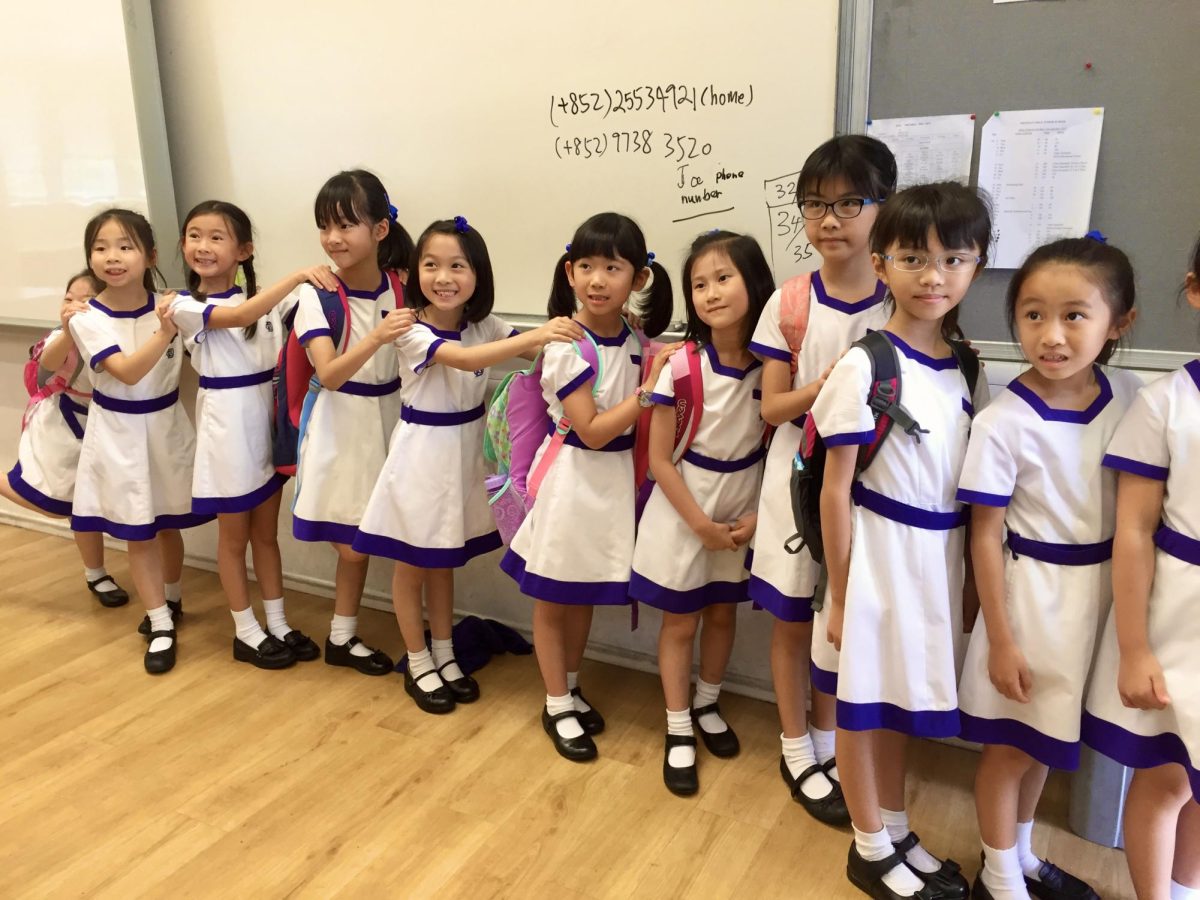When did our society decide that a catchy beat is an excuse for a horrible message? “It’s just a song, stop overanalyzing everything.” “The artist didn’t mean it in that way.” I am tired of hearing these responses to critiques of messages in music and pop culture; what motivated the artist is completely irrelevant.
One example is Robin Thicke’s Blurred Lines. I recently came across a “Teens React” video (shown below) about the song/music video. Teens React, a youtube series produced by TheFineBros, shows teenagers reacting to pop culture.
At the beginning of the video, every teen is familiar with the song. While their opinions vary, most still sing along and dance to the beat of the song—filled with degrading lyrics. For example, Thicke constantly tells the scantily clad dancers around him: “I know you want it.” The song suggests that there are “blurred lines” between yes and no—an extremely harmful message to spread. No means no, and that needs to be clear.
If you couldn’t tell my stance on this song by now, I am not a fan. But what’s concerning about the episode of “Teens React” wasn’t the racy content of the video, but some of the reactions themselves.
Some teens blame the women in the video. One girl says, “Those girls, they just volunteered to do a music video just topless for millions of people to see and they don’t even like care. They’re just like ‘okay, whatever,’ like have some respect for yourself woman!”
This is a really harmful way to see things; it makes us think: “Wow, those women are so dumb and have no self respect,” when we really know nothing about their situation. Blaming the women takes the focus off of the makers of the video and the men degrading them.
However, some teens definitely have the right mentality about this video. One teen says, “If a guy watches this, they think it’s completely okay to do that to women, and it’s not okay.” Pretty much across the board, the teens agreed that the way Thicke portrayed women was not okay. One teen says that it shows women “just as sex objects.” Another teen says, “It is just disrespectful.”
The teens were then asked if it is okay to like a song with such negative messages. One teen says, “It’s a song. It’s not like it’s this whole movement is like: ‘women suck.’” Another says, “the average person who listens to this song isn’t going to think ‘hmm what are the sociological ramifications of a song like this.’”
Comments like these are the ones that most upset me. These teens know how offensive the song is, yet they excuse it as being “just a song.” One kid hit the nail on the head. He said, “A kid listening to the lyrics—they’re not going to take it as being funny—they are going to grow up and think: ‘oh, if she says no she could really mean yes.'” He is completely right about the dangers of blindly following these messages. There are absolutely NO blurred lines between yes and no, and believing such a thing contributes to the rape culture we have in our society.
We need to stop justifying bad behavior with an alluring beat. No matter how much a song makes you want to dance along, it is OKAY to dislike a song because of its message. It doesn’t make you lame, it makes you the kind of person who can stand up for your beliefs. [youtube id=”5fo1kvlRjTs” width=”600″ height=”350″]
Featured Image: An upper schooler enjoys her favorite tunes. Photographer: Sarah Wagner ’16





![Freshman Milan Earl and sophomore Lucy Kaplan sit with their grandparents at Archer’s annual Grandparents and Special Friends Day Friday, March 15. The event took place over three 75-minute sessions. “[I hope my grandparents] gain an understanding about what I do, Kaplan said, because I know they ask a lot of questions and can sort of see what I do in school and what the experience is like to be here.](https://archeroracle.org/wp-content/uploads/2024/03/grandparents-day-option-2-1200x800.jpg)






















































Emily Bannon • Dec 17, 2013 at 3:01 pm
This article is great because it exposes a major societal issue: that women are taking the blame for the actions of men. Robin Thicke sings about sexually assaulting women, but his scantily-clad backup dancers are shunned and scorned for their lack of prudence. It’s so important that young teens hear your kind of message. Every time I hear “Blurred Lines” on the radio, I cringe a little. Preach it.
Elizabeth English • Dec 11, 2013 at 1:59 pm
Amen, sister. The problem with songs like Blurred Lines is that they have the most profound effect on those who lack the ability to think critically. Being able to deconstruct media messages and ultimately reject the ones that send degrading, damaging messages is one of the most important skills students can have. Otherwise they just become victims of the media they consume.